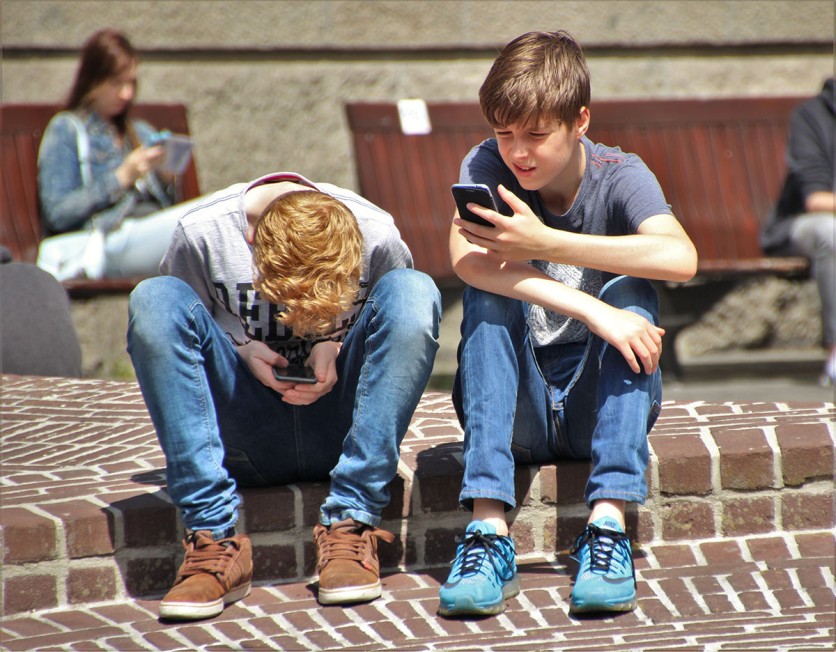
Contrary to the common assumption that tech use is harmful to children, an Oxford research published on Tuesday says it is not factual.
Alarmingly, some laws or even as simple as household rules are derived from the said idea.
According to the Oxford Internet Institute, there is "little evidence" to associate teen technology use with mental health problems.
About 400,000 adolescents, aged 10 to 15, from the United States and the United Kingdom took part in the Oxford study.
In addition, the Oxford Internet Institute conducted the study for 30 years -- from 1991 to 2019. In which it compared social media use, gadget use, and even watching TV to signs of depression, behavioral problems, or suicidal tendencies.
Moreover, the study saw small drops of association throughout the years. In between the said period, there was a small increase between social media use and emotional problems. The study, however, reiterated that the change was only slight.
Read Also: Pfizer, AstraZeneca Vaccine Side Effects Are Not Too Bad, Study Suggests
Tech Use and Mental Health Misconception
The researchers refute the belief that gadgets-use of teenagers is dangerous. They go on to say that the misconception is not borne out of data and research available.
The lead author of the Oxford study, Professor Andy Przybylski, said via an Oxford Press Release that: It is too soon to draw firm conclusions about the increasing, or declining, associations between social media and adolescent mental health."
Przybylski goes on to add that: "It is certainly way too soon to be making policy or regulation on this basis."
Moreover, in December 2020, another study mirrors Oxford's claim. The Technology, Mind, and Behavior journal study further said that: "A person's daily usage of smartphone or even screen time did not predict depression, anxiety, or even stress symptoms."
To further propel the study of the link between mental health and tech use, Przybylski strongly urged tech companies to be more transparent in data.
"The data exists within the tech industry," Przybylski claimed. "Scientists just need to be able to access it for a neutral and independent investigation."
Other Studies Beg to Differ
Forbes reported that multiple reports linking teenage suicide and depression to social media use. The news media company even noted that, among the study, women are subject to be more affected.
In addition, Forbes also cited the World Health Organization's recommendation to children in 2019 "to spend no more than one hour in front of a screen a day in order to boost physical activity."
Also, a study published in the journal JAMA Psychiatry in 2019 begs to differ too. It specifically says that three hours of social media news could lead to higher risks of mental health problems.
Furthermore, Forbes also raised the possibility of inaccuracy in the study as it only used self-reported data from questionnaires.
Related Article: Microgravity Simulation Discovers Psychological Damage to Astronauts
This article is owned by Tech Times
Written by Teejay Boris
ⓒ 2026 TECHTIMES.com All rights reserved. Do not reproduce without permission.




